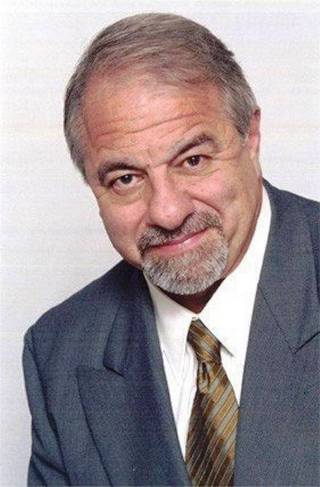|
Article Courtesy of The Miami
Herald
By Jay
Weaver
Published December 15, 2016
When Lloyd Boggio sold his Miami
affordable-housing business a decade ago, he envisioned making hefty
profits from his ongoing investment deals with the new owner of his
company, Carlisle Development Group.
But while his plan seemed to promise a comfortable retirement, Boggio
would soon become entangled in a $34 million housing scheme with the
young Carlisle CEO, Matthew Greer.
“I’m sorry for what happened, and that I
wasn’t able to stop it at an earlier point,” Boggio, 70, said on Friday
in Miami federal court.
|
Boggio, who struck a
plea deal before his trial in September, was sentenced
to about five years in prison. U.S. District Judge
Ursula Ungaro admitted the difficulty of punishing him
in a complex fraud case in which six other defendants
pleaded guilty early on and cooperated with authorities,
resulting in more lenient prison terms.
“I am concerned about equity,” said Ungaro, who also
noted the defendant’s age and declining health.
Boggio was accused last year with Greer and five others
of conspiring to steal U.S. government funds to
subsidize more than a dozen affordable housing
developments in Miami-Dade County through a tax-credit
program designed to create rental apartments for
low-income residents. Greer, Boggio and the others
inflated construction expenses to qualify for higher tax
credits and then shared millions in illicit proceeds by
completing apartment projects at lower costs.
All of the defendants, except Boggio, reached quick plea
agreements on conspiracy charges of stealing government
funds. Boggio, the oldest of the defendants, eventually
pleaded guilty to money laundering. He also agreed to
turn over $2 million from bank accounts, along with
proceeds from the pending sale of a multimillion- dollar
luxury home in Coconut Grove in an effort to satisfy a
$7.2 million forfeiture judgment.
But Boggio, who must surrender in February to start his
prison term, could have obtained a lesser sentence had
he cut a deal at the outset rather than prepared to
fight the U.S. attorney’s office at trial over the past
year.
In contrast,
the judge recently sentenced Greer, 38, to just three
years in prison, though he stole twice as much — $16
million — as Boggio did from the federal tax- credit
program, his defense attorneys, Scott Srebnick and
Edward Shohat, pointed out at Friday’s hearing. As part
of his plea deal, Greer repaid all that money to the
government. |
|
Lloyd Boggio, 70, was sentenced to about 5 years
in prison after agreeing to a plea deal on a charge of money
laundering.
|
Greer, Carlisle’s successor, had pleaded
guilty to two theft conspiracy counts in a plea deal that required him
to testify against his former mentor, Boggio. Boggio’s defense team
initially planned to attack Greer as a witness by questioning him about
the role of his parents, attorneys Bruce and Evelyn Greer, in Carlisle’s
projects.
Bruce Greer had started the company with Boggio two decades ago, and
Evelyn Greer, a former mayor of Pinecrest and ex-member of the
Miami-Dade School Board, advised her son and Boggio on Carlisle’s deals,
according to court records.
The Greer parents, who were never under investigation, received immunity
from prosecution in a once-secret side agreement to the son’s plea deal
last year. Boggio’s planned defense strategy that he committed no
wrongdoing and was simply relying on the advice of Greer’s mother never
unfolded at trial because of his own plea deal.
Thanks to his parents’ financial backing, Greer bought out Boggio’s
interest in Carlisle in 2007. The following year, Greer replaced him as
CEO, but Boggio retained profit interests in several of Carlisle’s
projects that were still in the pipeline.
Prosecutor Michael Sherwin said that while Boggio taught Greer how to
carry out the tax-credit scheme, Greer put it on “steroids.” Greer also
transformed Carlisle into the biggest developer of affordable housing in
Florida.
Last year, Greer and Boggio were accused of conspiring with former
development partners, Biscayne Housing Group’s co-founders Michael Cox
and Gonzalo DeRamon, as well as with South Florida contractors Michael
Runyan, Rene Sierra and Arturo Hevia. Collectively, the developers stole
about $34 million in federal housing subsidies by inflating construction
costs and receiving kickbacks, according to FBI and IRS agents. The
contractors, who paid the kickbacks, kept a portion of that money, too.
Last week, the judge sentenced DeRamon to 1 1/2 years in prison, but
gave lenient probationary sentences to the other four defendants, along
with some home confinement and community service. She also ordered them
to repay their share of money stolen from the federal tax-credit
program.
|
